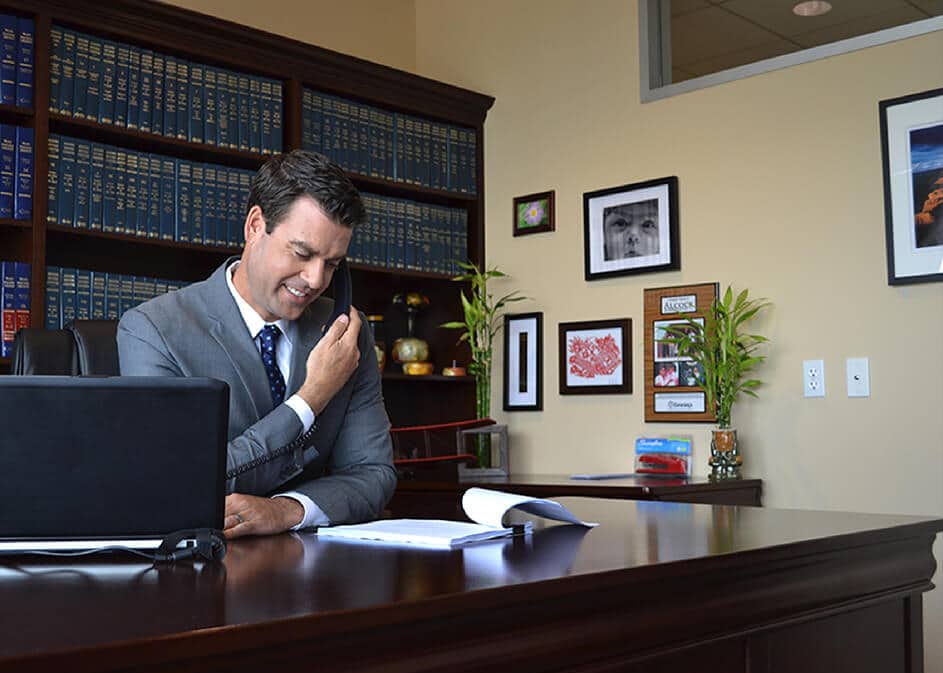States and Courts at Odds on Immigration Reform, Demonstrating that Change Must Come from Washington
(Reuters) – A year ago, immigrant labor activist Salvador Reza thought Arizona’s tough state immigration crackdown could empty the work site he ran in north Phoenix.
But 12 months on, after a federal judge blocked key parts of the law, day laborers still line up from dawn to tout for work, occasionally heckled by protesters who want them gone. In short, deadlock.
“This is low intensity warfare that’s going to go on for years,” said Reza.
The stalemate at the sun-baked day labor site in Phoenix is emblematic of the impasse around the country as other states have followed Arizona’s lead on immigration, only to be knocked back by the courts.
Parts of Arizona’s law — notably a measure requiring police to quiz those they detained and suspected of being in the country illegally about their immigration status — were blocked hours before they took effect last July, after a judge ruled that immigration matters are Washington’s responsibility.
The wave of judicial rebuttals continued in May, when a federal judge temporarily blocked Arizona-style enforcement provisions in a package of immigration laws passed by Utah Gov. Gary Herbert in March.
Then in June, key parts of tough state crackdowns due to take effect in both Georgia and Indiana on July 1 — seeking immigration powers for police and other restrictions — were stayed in temporary injunctions imposed by the courts.
In Alabama, civil rights groups last week filed a challenge to a law widely seen as the nation’s toughest, requiring public schools to determine the immigration status of students and punishing employers who hire people who are not legal residents and landlords who knowingly rent property to them.
“It’s been kind of one step forward and one step back,” said Bruce Merrill, an Arizona State University pollster and political scientist, of the emerging pattern of deadlock.
“All it does for me is emphasize the need for true reform at the federal level,” he added.
‘NO DESIRE FOR COMPROMISE’
The states passed the laws amid frustration at the federal government’s failure to overhaul the United States’ broken immigration system, tightening security along the porous Mexico border and tackling the status of 11 million unauthorized immigrants living in the shadows.
“We promised the people of Alabama we would take action to combat illegal immigration in this state, and that’s what this law does,” Mike Hubbard, the Republican speaker of the Alabama state House said in a statement last Friday after the state’s law was challenged in a suit.
While each court ruling adds to the impasse, any resolution remains far off, analysts say, either in terms of Washington overhauling immigration laws, or the courts reaching a final ruling on the states’ measures.
Under pressure as he heads for reelection next year, President Barack Obama reiterated his support for a major immigration shake-up in a key-note speech in El Paso in May, giving millions of illegal immigrants a shot at citizenship if they pay a fine and go to the back of the line.
But while he said his Democratic administration had met Republican concerns over border security — by boosting the number of federal border police, among other steps — there is no mood for compromise in the U.S. Congress before he seeks reelection in November next year.
“If you look at the Republican House, it’s complete intransigence. There’s no desire to look for some realistic compromise reform,” said Mark Jones, a political scientist at Rice University in Texas.
The legal battle in the courts is also likely years from any final resolution.
Arizona has yet to petition the U.S. Supreme Court in its immigration battle, and any resolution of the state’s appeal there could be delayed while lower courts thrash out appeals lodged by others states, legal experts say.
“At the moment it seems likely that it’s going to take a couple of years before there’s a final decision from the Supreme Court,” said Gabriel “Jack” Chin, Chester H. Smith Professor of Law at the University of Arizona in Tucson.
“I think we are still in the early to middle stage of the legal journey here,” he added.
(Additional reporting by Colleen Jenkins in St Petersburg; Editing by Greg McCune)

REPRESENTATION YOU DESERVE
Here at Alcock and Associates our team and staff are dedicated to helping and representing YOU. The first step is to understand your case. We will take the time to get to know you and your legal situation so that we are best able to answer all of your questions. After your initial consultation with our attorneys, you will know what you are facing and what can happen to your case.
EVERY CONSULTATION IS COMPLETELY FREE AND COMPLETELY CONFIDENTIAL.
Top Rated Phoenix Attorneys






